
Suno(2022)
Suno (romani) - dream
An experimental short documentary essay about the dreams of Roma women living in the ghetto in Kosice. Roma are one of the largest ethnic groups living in Slovakia. Despite this, integration into all spheres of society is difficult. And it should be noted that this applies not only to Slovakia. Luník IX houses the largest community of Romani people in Slovakia. Although originally built for 2,500 inhabitants, it is estimated that the population is now three times larger. Living standards are low, with services such as gas, water, and electricity cut off, as the majority of inhabitants are not paying rent or utilities fees.
Movie: Suno
Video Trailer Suno
Similar Movies
 0.0
0.0Boys Scrambling For Pennies(en)
Young boys going into the sea water by Brighton's West Pier in the UK to pick up pennies thrown in by people on the pier.
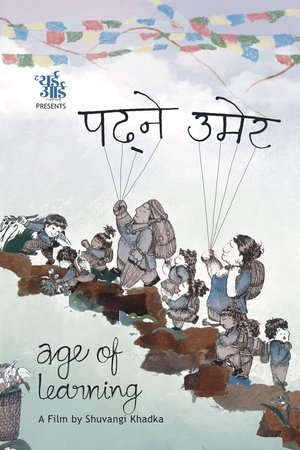 0.0
0.0Age of Learning(ne)
In rural Nepal, Bishnumaya Gurung, 48 and Palhamu Sherpa, 66 go to primary school everyday and make space for learning in their lives as single women.
Little Secret(en)
A group of teenagers who have been selected to participate in a recreational white water rafting trip. All of the kids selected have AIDS or have been infected with the HIV virus. At some point during the trip, all the kids tell their stories and share their feelings about what their lives have been like since being infected with the virus and how they struggle to live normal lives with a hope of a cure in the future.
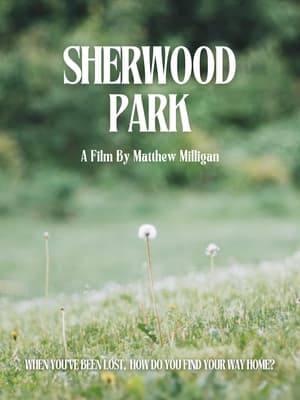 0.0
0.0Sherwood Park(en)
Reclaiming what was once stolen from him, a man journeys back to the place of his childhood nearly 80 years after his world came crashing down.
 0.0
0.0Swimming with Wings(en)
A short animated documentary exploring the immigration experience through the eyes of children learning how to swim with clothes on in the Netherlands.
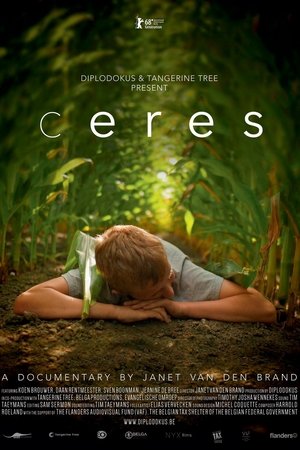 7.2
7.2Ceres(nl)
Ceres is a poetic yet realistic documentary that follows four children as they experience the natural cycle of life on a farm. Each child lives on a remote farm in the southwest of the Netherlands and is learning the profession of their ancestors from a young age. They each dream that one day they will take over the farms of their father or grandfather.
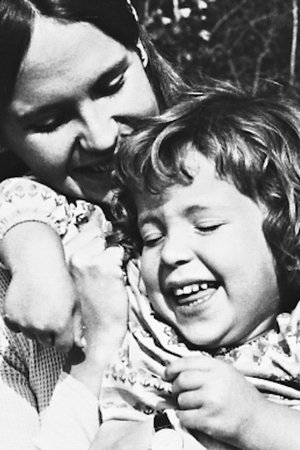 7.0
7.0Chris and Bernie(en)
The story of two young single mothers who join forces to make a new kind of family unit for themselves and their children.
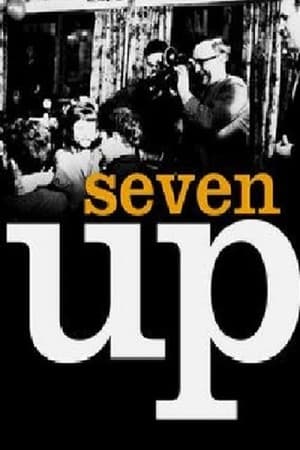 7.2
7.2Seven Up!(en)
A group of British children aged 7 from widely ranging backgrounds are interviewed about a range of subjects. The filmmakers plan to re-interview them at 7 year intervals to track how their lives and attitudes change as they age.
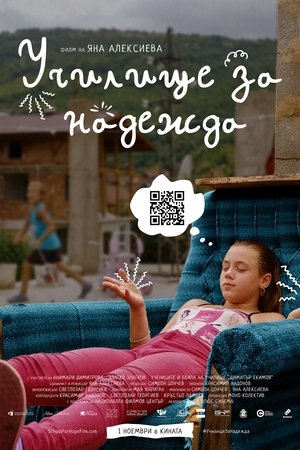 10.0
10.0School for Hope(bg)
Animari and Zlatko's mission is to help children from disadvantaged backgrounds get the best possible care and education. Will they manage to find funding to welcome more children and to start a high school?
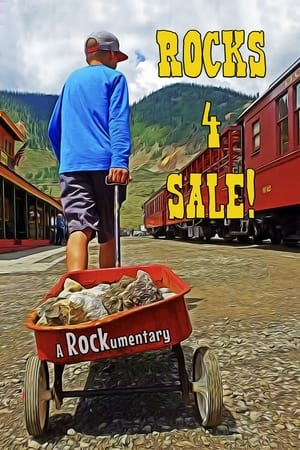 0.0
0.0Rocks 4 Sale!(en)
A slice-of-life look at how kids in the former mining town of Silverton, Colorado stay busy in the summer by “mining” and selling rocks to tourists. Through this time-honored rite of passage, these “rock stars” learn history, social skills, and become little entrepreneurs while delighting tourists from around the world.
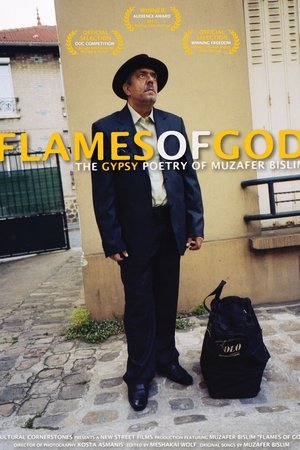 0.0
0.0Flames of God(en)
Muzafer Bislim comes up with some of his most insightful songs while sitting on the floor, recording lyrics into a cassette recorder bought at a flea market. A poet and songwriter who collaborates with the biggest names in Romani music, the 54-year old lives a life of modest means with his family in Shutka, Macedonia. Stored in the corner of his one-room house is a tottering, ceiling-high stack of handwritten, 25,000-word, multi-dialect dictionary of the oldest and most obscure words in the Romani language, which he has painstakingly collected over 35 years. When he's invited to the International Biennial of Poets held in Paris, he sees the trip as an opportunity to have his dictionary published. A testament to the endurance of a people who have been scattered across Europe, the dictionary is not only a work of art but also a rare link to a divided past.
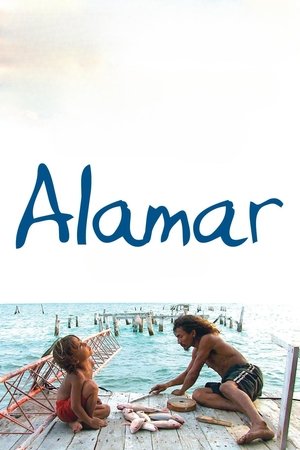 6.8
6.8To the Sea(es)
Before leaving for Rome with his mother, five year old Natan is taken by his father, Jorge, on an epic journey to the pristine Chinchorro reef off the coast of Mexico. As they fish, swim, and sail the turquoise waters of the open sea, Natan discovers the beauty of his Mayan heritage and learns to live in harmony with life above and below the surface, as the bond between father and son grows stronger before their inevitable farewell.
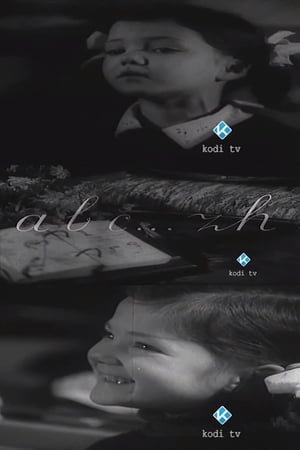 6.8
6.8A, B, C... Z(sq)
Children get ready to start the first grade. They start learning the first letters.
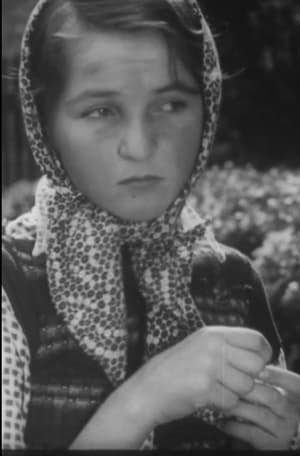 0.0
0.0Let All Children Smile(ro)
The film's protagonists are the orphaned children taken into custody by the state and institutionalized at Children's House no. 6 from Bucharest. For Mészáros, the concern for the situation of children left orphaned during the Second World War is autobiographical: the director directly experienced the absence of parents in her own childhood.
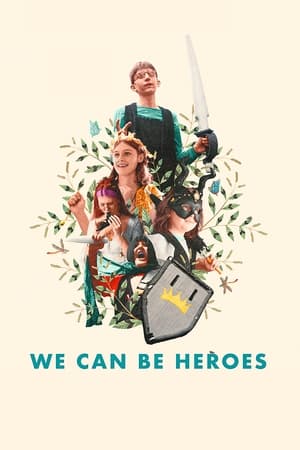 2.0
2.0We Can Be Heroes(en)
Sometimes, finding your tribe requires a bit of magic. For attendees of a live action role-playing (LARP) camp in upstate New York, the deeply accepting environment has given neurodivergent, queer, and self-proclaimed "nerdy" teenagers the space and community for self-discovery that they have never found anywhere else. As the campers immerse themselves in this imaginative world, they discover inner strength, heal from past traumas, and emerge as the heroes they are meant to be, both in the fantasy realm and in real life.
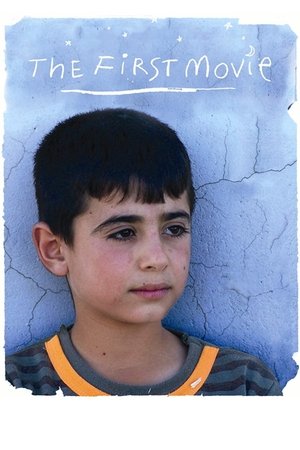 7.3
7.3The First Movie(en)
Filmmaker Mark Cousins, who was brought up in a Northern Irish war zone, travels to Goptapa, a Kurdish-Iraqi village of just seven hundred people on a tributary of the Tigris river, and tries to make a dream film about a place that is normally only portrayed in current affairs programmes. He gives the kids cameras, and they make their own little movies about war, love, a fish that goes to a magical place, and a chicken who debates justice.
The children trapped in Bangladesh's brothel village(en)
Daulatdia is an entire village in Bangladesh dedicated to prostitution. Every day, 1,600 trafficked, enslaved and abandoned women and girls sell themselves for £2 a time. In the midst of the trade live 300 children, many born in the village. Some will be groomed to be the future of the business like their mothers and grandmothers. With education programmes and support provided by Save The Children, a few may find their way out.
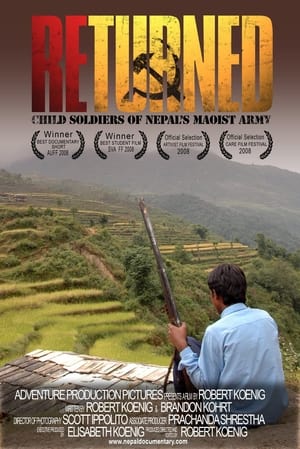 4.2
4.2Returned: Child Soldiers of Nepal's Maoist Army(en)
Imagine being forced to leave your family and fight in war you don't understand - and you are only eleven years old. Sadly, for many of these child soldiers in Nepal this is a reality and the peace process has not solved their problems. These children quickly discovered that the return home is even more painful than the experience of war. Returned weaves the voices of Nepal's child soldiers, organizations working to help them, and military leader's from Nepal's opposing forces, who answer challenging questions about their use of childen as warriors.
The Disappearing Male(en)
The Disappearing Male is about one of the most important, and least publicized, issues facing the human species: the toxic threat to the male reproductive system. The last few decades have seen steady and dramatic increases in the incidence of boys and young men suffering from genital deformities, low sperm count, sperm abnormalities and testicular cancer. The Disappearing Male takes a close and disturbing look at what many doctors and researchers now suspect are responsible for many of these problems: a class of common chemicals that are ubiquitous in our world.


